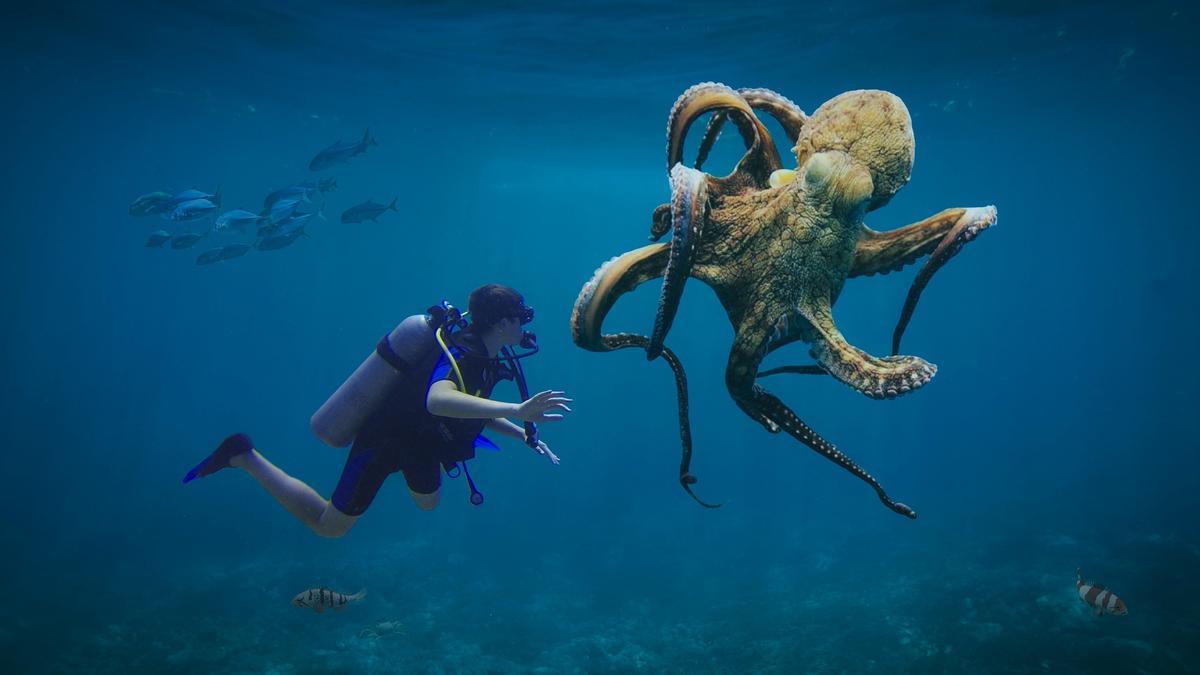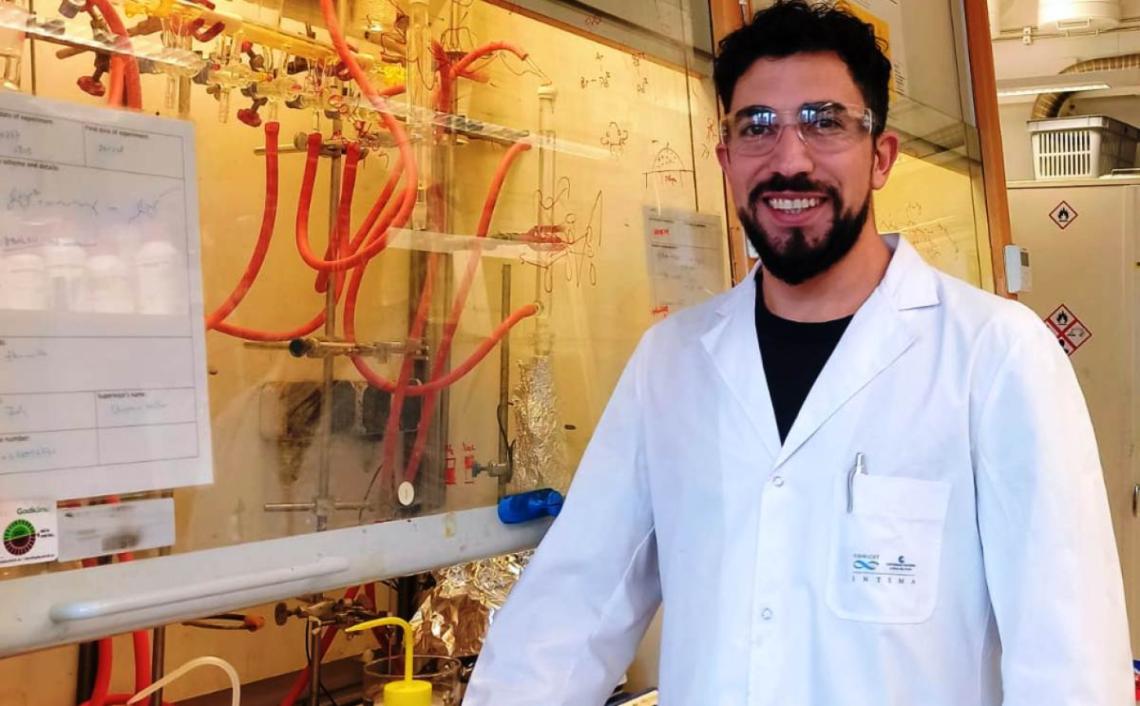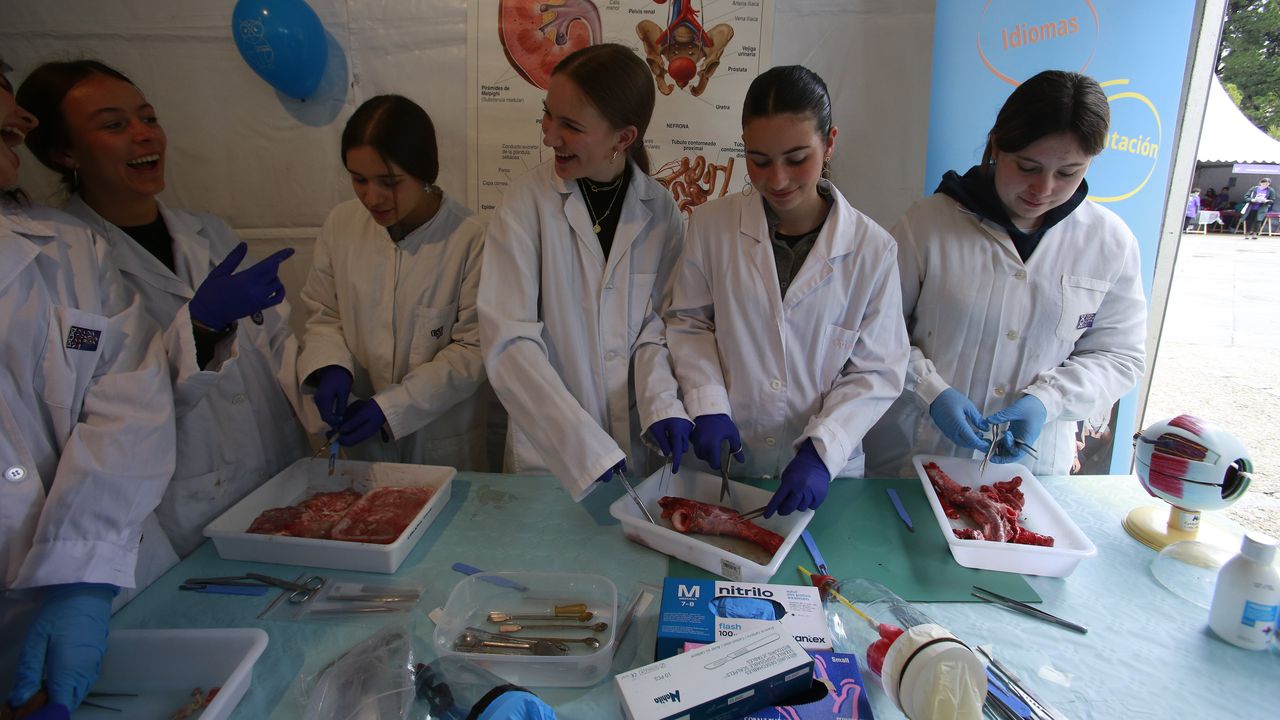the Octopuses Used in laboratories In the United States, they will have the same protections as monkeys and rats when it comes to experiments on them. This means that it would be mandatory for American scientists, for example, to provide it Tranquilizers or giving them anesthesia During studies it may cause harm.
Once this directive is approved, the United States will join the short list of countries and continents that also ensure the safety of cephalopods in the laboratory. Canada, New Zealand, Australia, Switzerland and Norway protect octopuses in scientific research, as does the European Unionwhich was actually one of the countries that was ahead of the rest of the world with a directive published in 2010. In 2021, the government issued United kingdom He included cephalopod molluscs, such as octopuses, cuttlefish and cuttlefish, in an animal welfare bill that officially recognized them as “sentient beings”.
Scientifically approved suffering
In Spain, as a result of a European directive, a royal decree was issued regulating the conduct of experiments on octopuses And other cephalopods. In Europe, the reason for including these invertebrate animals among the animals that must be protected during experiments is because there is scientific evidence proving this. The ability of these animals to “experience pain, suffering, anguish, and permanent damage.”
In the United States, the situation is not yet advanced, since cephalopods are not subject to most current animal welfare regulations. But steps are also being taken there to improve the organization of experiments, and thus the welfare of these animals. Thus, the National Institutes of Health (NIH) published a call for information to help formulate its proposed guidelines for the protection of octopuses and squid.
Although there is still a lot to know about octopuses, Current scientific evidence has already shown that they are intelligent, sensitive, and perhaps even self-aware.. Moreover, some documentaries, e.g “What the octopus taught me.”‘ (Netflix, 2020), brought to the table the amazing abilities of these cephalopods, showing that they are sentient animals capable of interacting with humans.
“Mounting evidence shows that Cephalopods possess the biological mechanisms necessary to perceive pain“, adds the document signed by the National Institutes of Health, which insists that these animals have pain receptors and a central nervous system. They emphasize: “In addition, it has been shown that cephalopods exhibit adaptive learning, changing their behavior in response to noxious stimuli, and showing responses resembling those of Mammals for anesthesia.
As a result of everything that was investigated, this was found The nervous system of these animals is very complexTherefore, more research is needed to fully understand it, and studies conducted on octopuses in the country have multiplied.
Lack of regulation of production intended for consumption
Despite progress in protecting these animals, cephalopods intended for human consumption are still not considered sentient beings and are therefore deprived of protection. Neither the European Union nor Spain have specific laws regulating the welfare of octopuses when they are intended for production for human consumption.. This is a circumstance that has been subjected to severe criticism, especially after the emergence of “farm” projects. Of octopuses in our country.
Specifically, the Spanish company Nueva Pescanova has already shown its construction plans A factory near the port of Las Palmas de Gran Canaria, where they plan to raise about a million octopuses a year To be consumed as food all over the world. Documents issued by various parties reveal the “brutal” conditions in which the octopuses will be raised, as well as the proposed methods of killing them, some of which are controversial such as using ice water down to -3 degrees Celsius.
…………
Contact Department of the Environment: [email protected]




/cloudfront-us-east-1.images.arcpublishing.com/eluniverso/ZHT3NFYA2BFMFDHOGERE3EWDBY.jpg)
